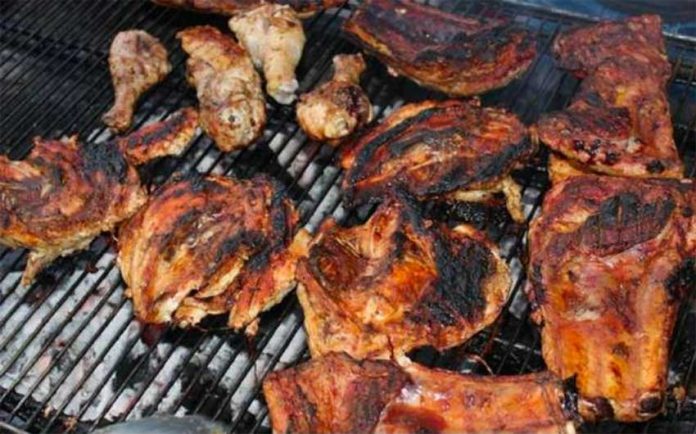At least 17 people were hospitalized Sunday after consuming roast chicken that turned out to contain methamphetamine.
Customers who bought the chicken from a street vendor in Nuevo Casas Grandes, Chihuahua, reported symptoms of rapid heart rate, insomnia, cerebral hemorrhaging, extreme agitation and convulsions among others.
A 57-year-old woman had to be transferred to Ciudad Juárez for more urgent care after she experienced convulsions and a possible stroke.
In light of the symptoms, a local health official ordered antidoping tests, which came back positive for methamphetamine. Alma Rosa Valles said the health department would continue to investigate and urged the victims and their families to file police reports to denounce the incident.
Meth can be deadly in high dosages and can cause heart attacks, strokes and respiratory arrest.
A family member of one of the victims turned a piece of the suspect chicken over to authorities, who sent it to the state capital for laboratory analysis.
State authorities are investigating, although the whereabouts of the chicken vendor, who operated under the name Pollos Rigo, remains unknown.
Source: Sipse (sp), El Sol de México (sp)
